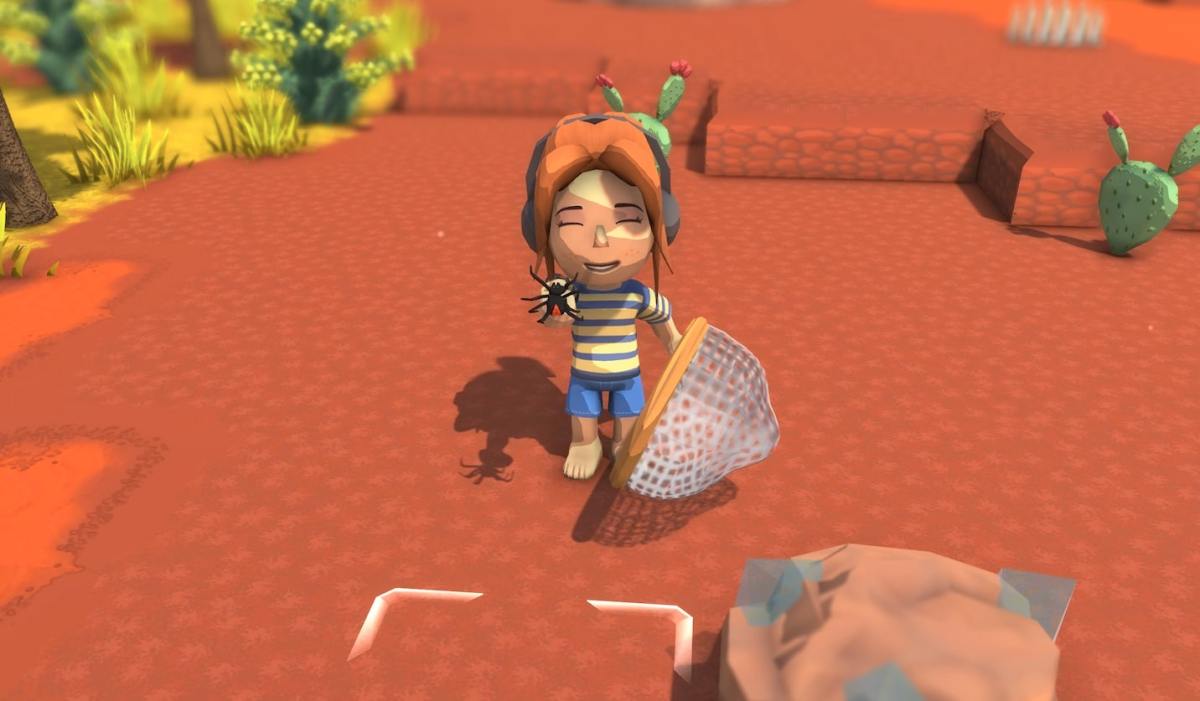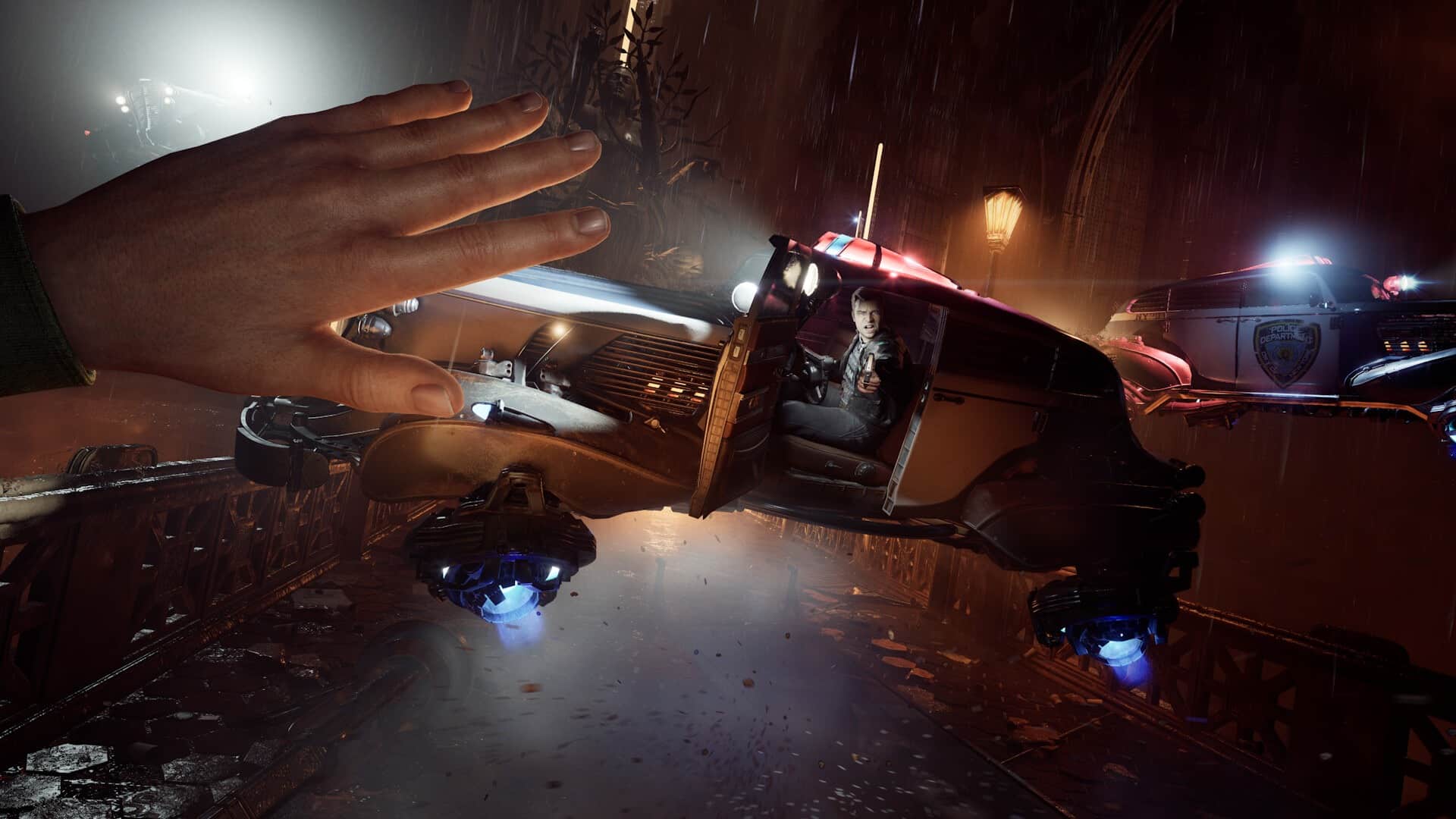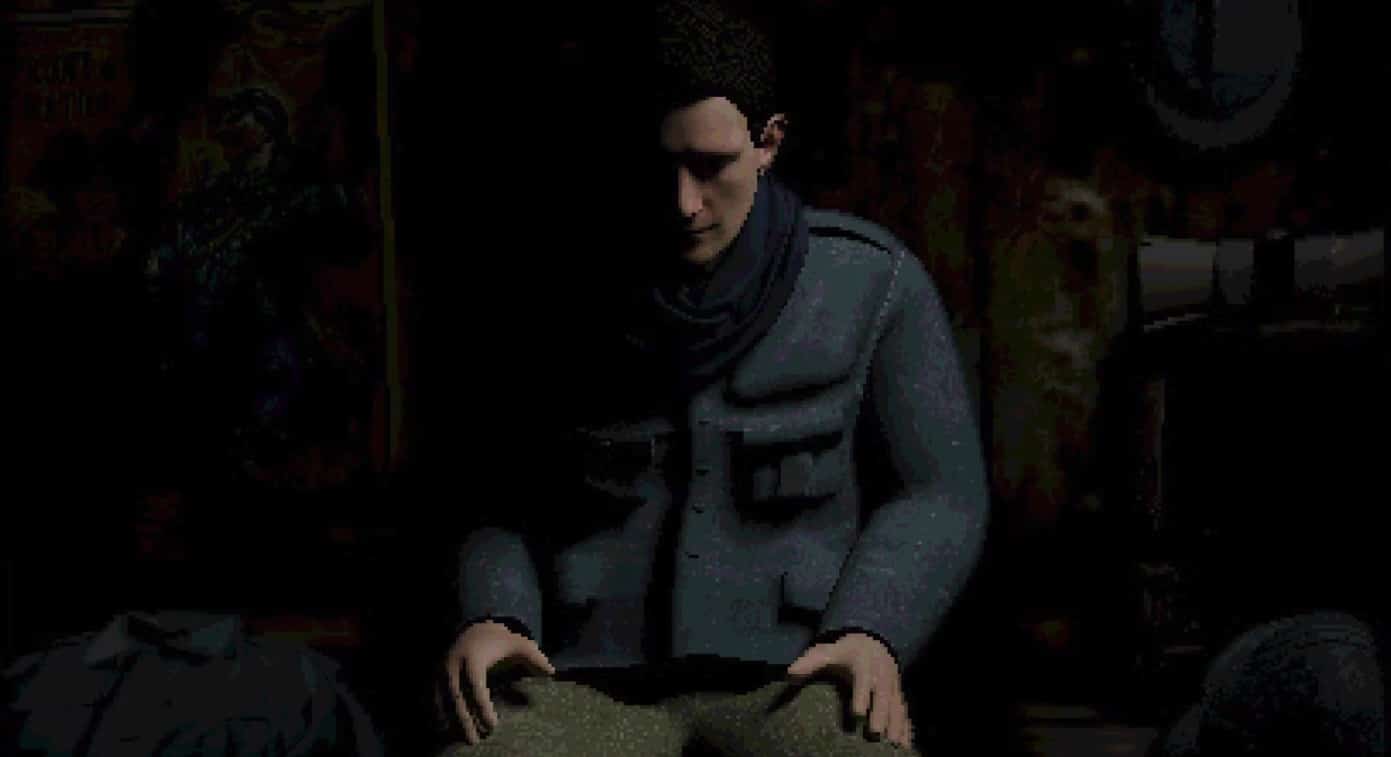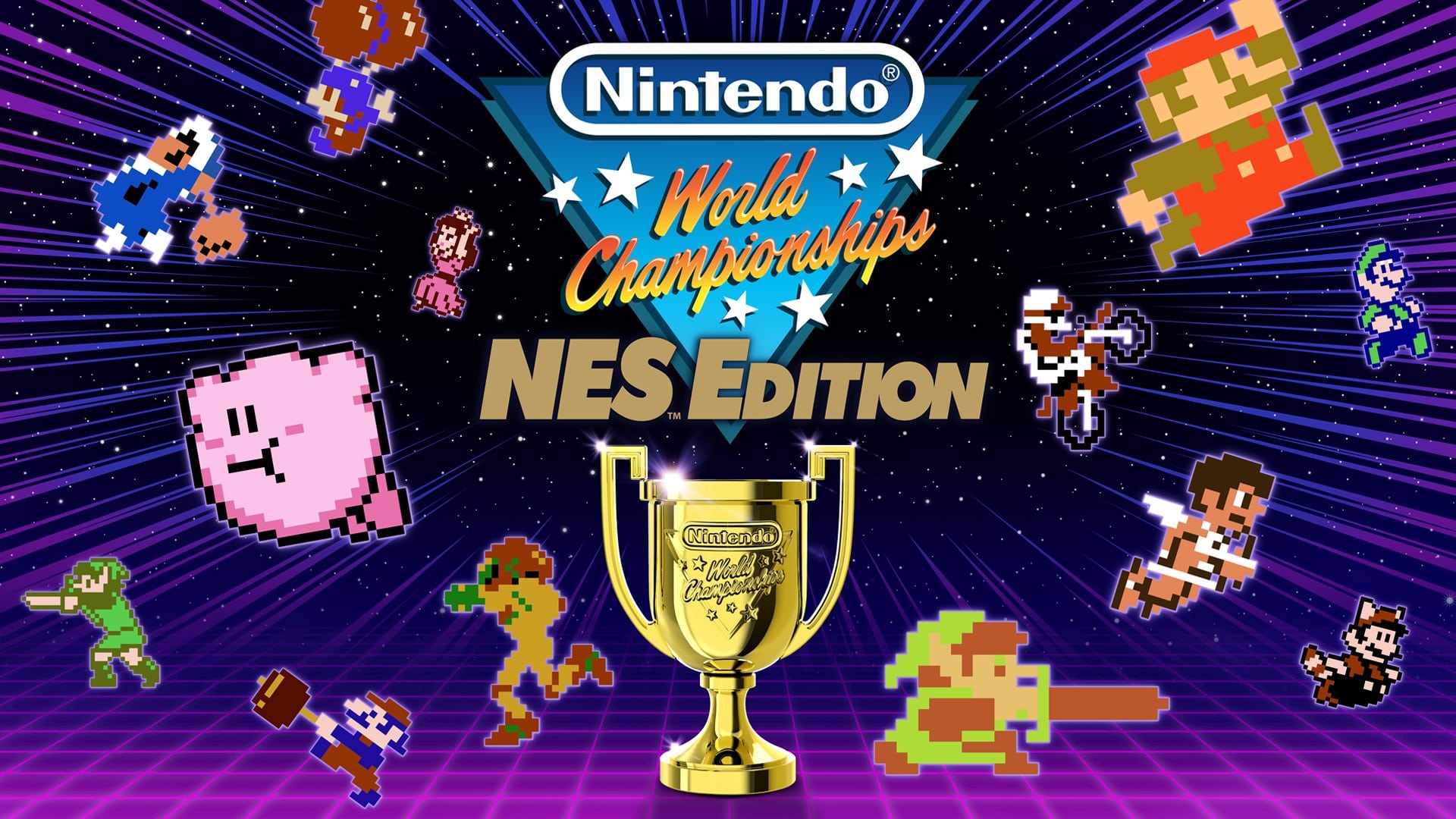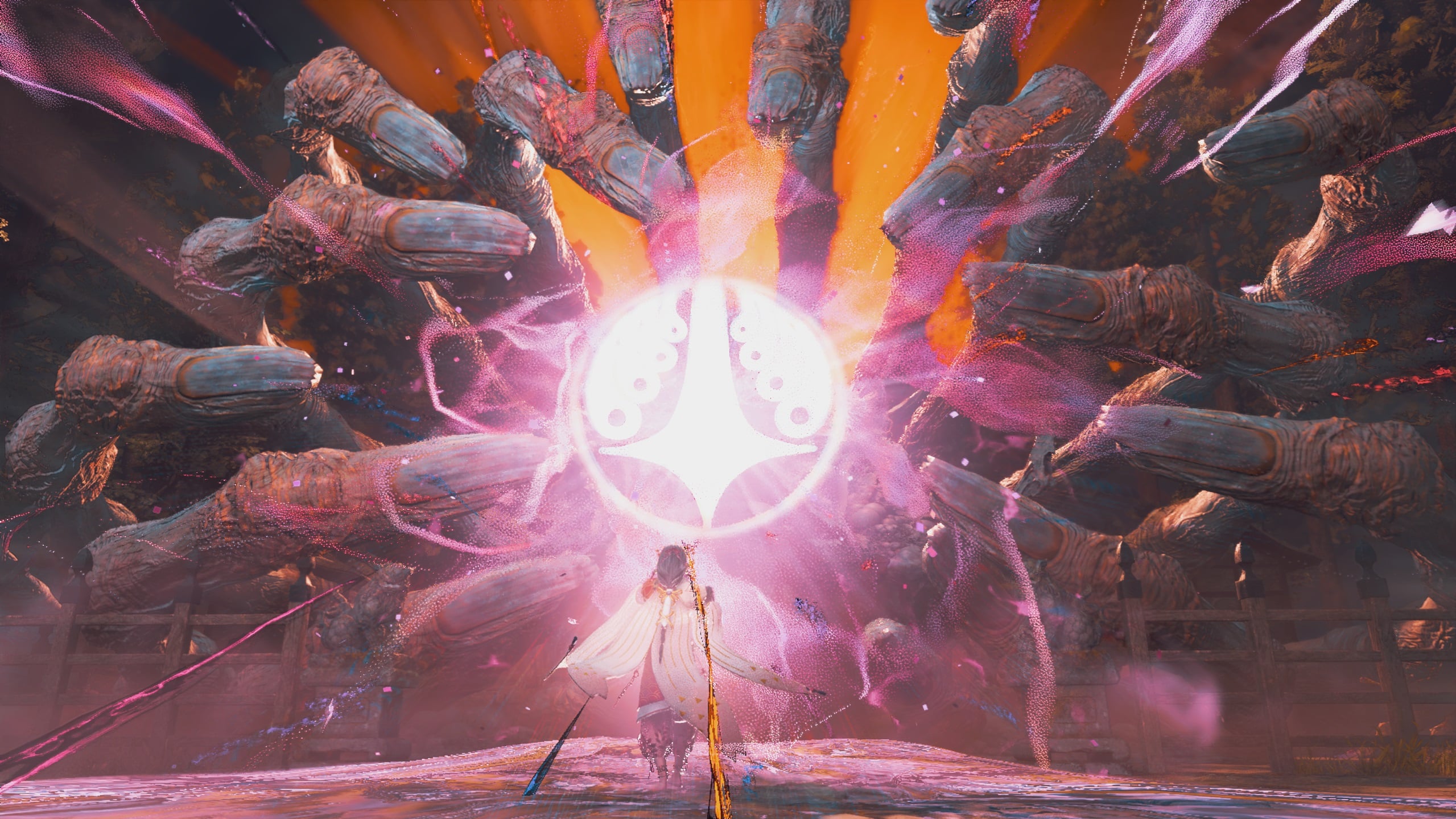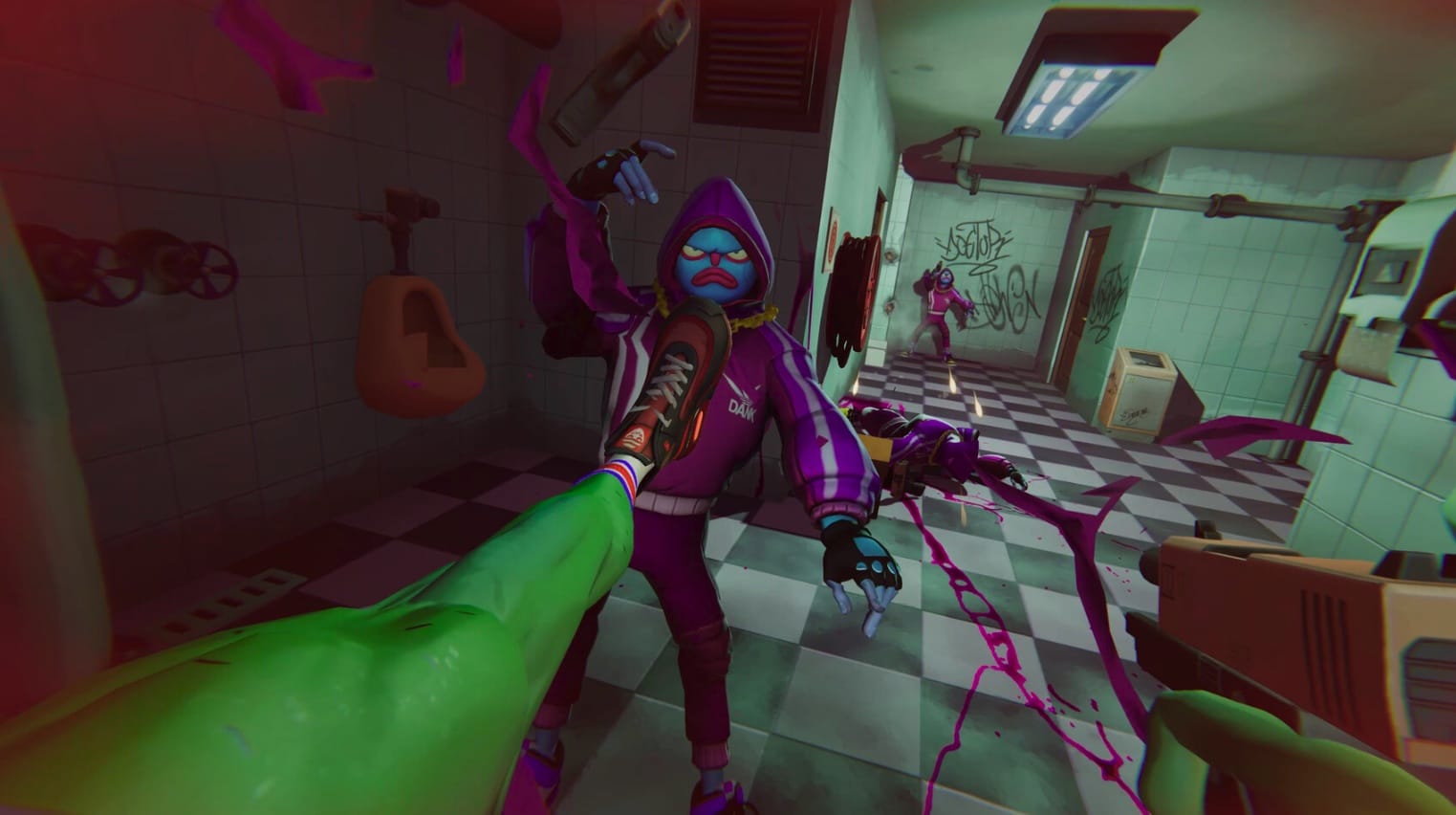Dinkum, from solo developer James Bendon, is clearly crafted with a lot of love for the life simulator genre. In the space left by Animal Crossing: New Horizons, it fills a void with more of the same, but clever tweaks to the classic formula make each choice feel meaty, and each quest feel meaningful. That said, the game isn’t without its quirks – and setting it in a fantasy version of Australia comes with plenty of baggage that goes unaddressed.
To kick off this review, it’s pertinent to point out that while Dinkum is inspired by Australian flora, fauna and colloquialisms, it does not represent Indigenous Australia at all. As Bendon made clear on Twitter, he does not identify as an Indigenous Australian, and cited that as the reason he chose not to include elements of Indigenous culture in the game.
While wanting to maintain a sensitivity for First Nations cultures is admirable, ignoring them entirely creates a real tonal dissonance in Dinkum – particularly given its themes. Your role in the game is, essentially, as a coloniser. In the opening moments of the story, you arrive on a lonely island that’s seemingly abandoned, but populated by wildlife (cassowaries, crocodiles, Tasmanian devils, magpies) and littered with remnants from a past culture.
Digging into the ground uncovers relics like light bulbs, smartphones and tablets, indicating there were people living on this island before you arrived – and given white Australia’s history of establishing townships on lands that don’t belong to them, Dinkum is unfortunately tied to a bloody and painful history despite being, on the surface level, an engaging and cutesy life simulator.
Read: 2021 was the year of Indigenous excellence in games and tech
The difference between this game, and a title like Animal Crossing, is that the world of Animal Crossing is entirely drawn from fiction, as you move into an existing township populated by magical frog, dog, and horse creatures. By establishing Dinkum as a game inspired by Australia – from its native wildlife to its whimsical dialogue – where you build from scratch on seemingly unoccupied lands, Bendon forms an unfortunate tie to colonial history.
This relation doesn’t impact overall gameplay, but it does inject the game with a real sense of awkwardness that should be addressed as the game progresses further into its early access phase. The burden of solo development understandably makes this difficult, but an acknowledgement of this historic tension is warranted, even if it comes in the form of an opening statement or brief dialogue – anything to address the lack of Indigenous representation in a game that so closely reflects Australia’s roots.
The lack of acknowledgement is a notable dampener on what is a thoroughly well-designed and impressive life simulator that gets so much right about the genre’s gameplay cycle.
Dinkum is led by strong quests and a well-paced story
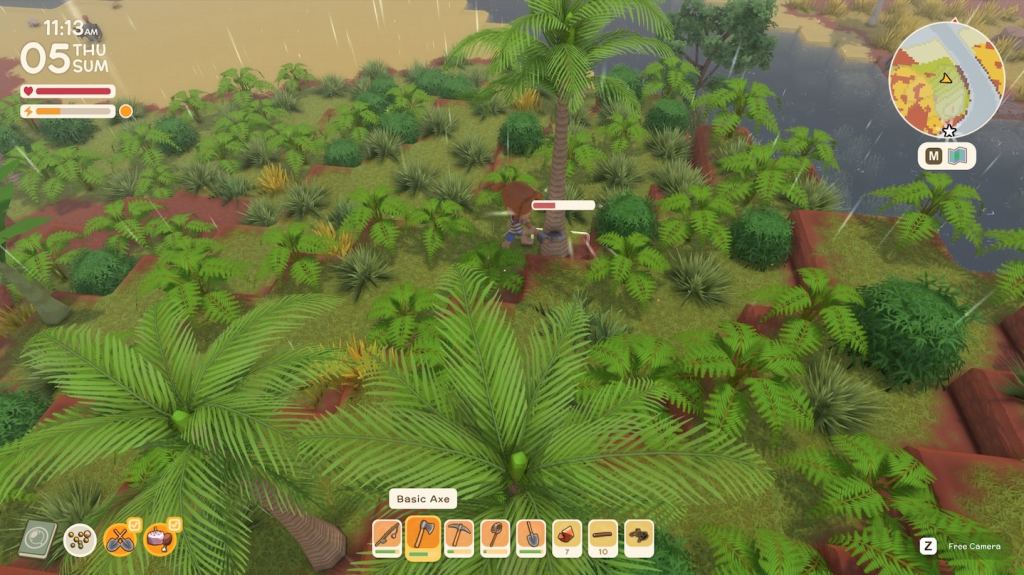
Dinkum is as Animal Crossing as life simulators come, without actually being Animal Crossing. From the mechanics to the core gameplay loop – even to the art of catching bugs and fish, there’s a lot that Dinkum owes to the team at
Each day in Dinkum can be played as you choose. Hours tick by in long minutes, and going to sleep when you feel like it resets the day. That means if you’ve just established the town shop, or the museum, you can simply go to sleep, wait two days, and have it fully built before your eyes. This has long been a major bugbear of Animal Crossing – that days are too slowly-paced since they correspond to real-world time – but with Dinkum‘s fast-moving clock, the complaint is easily done away with.
Fishing is more complex here; it requires you to tension the line and wait until the fish has stopped struggling to reel it in. There are also greater elements of danger; in every lake there are deadly crocodiles lurking, and cassowaries will fight you as soon as they see you. With a spear or hammer in your inventory, you can defend yourself, adding to the many layers of Dinkum‘s gameplay. Combat is fairly simplistic, but it’s another challenge to be prepared for when you’re out exploring your world.
Mining for ore, digging for artefacts (CD players, headphones), exploring, gathering food, completing scientific research, and being able to raise farm animals also spice up gameplay in ways that Animal Crossing doesn’t. While it’s unfair to compare these titles, given the nature of Dinkum, the pair are largely inseparable.
Dinkum would not exist without Animal Crossing. Each feature in this game is an iteration and innovation of what’s come before. Bendon has clearly been a keen observer of
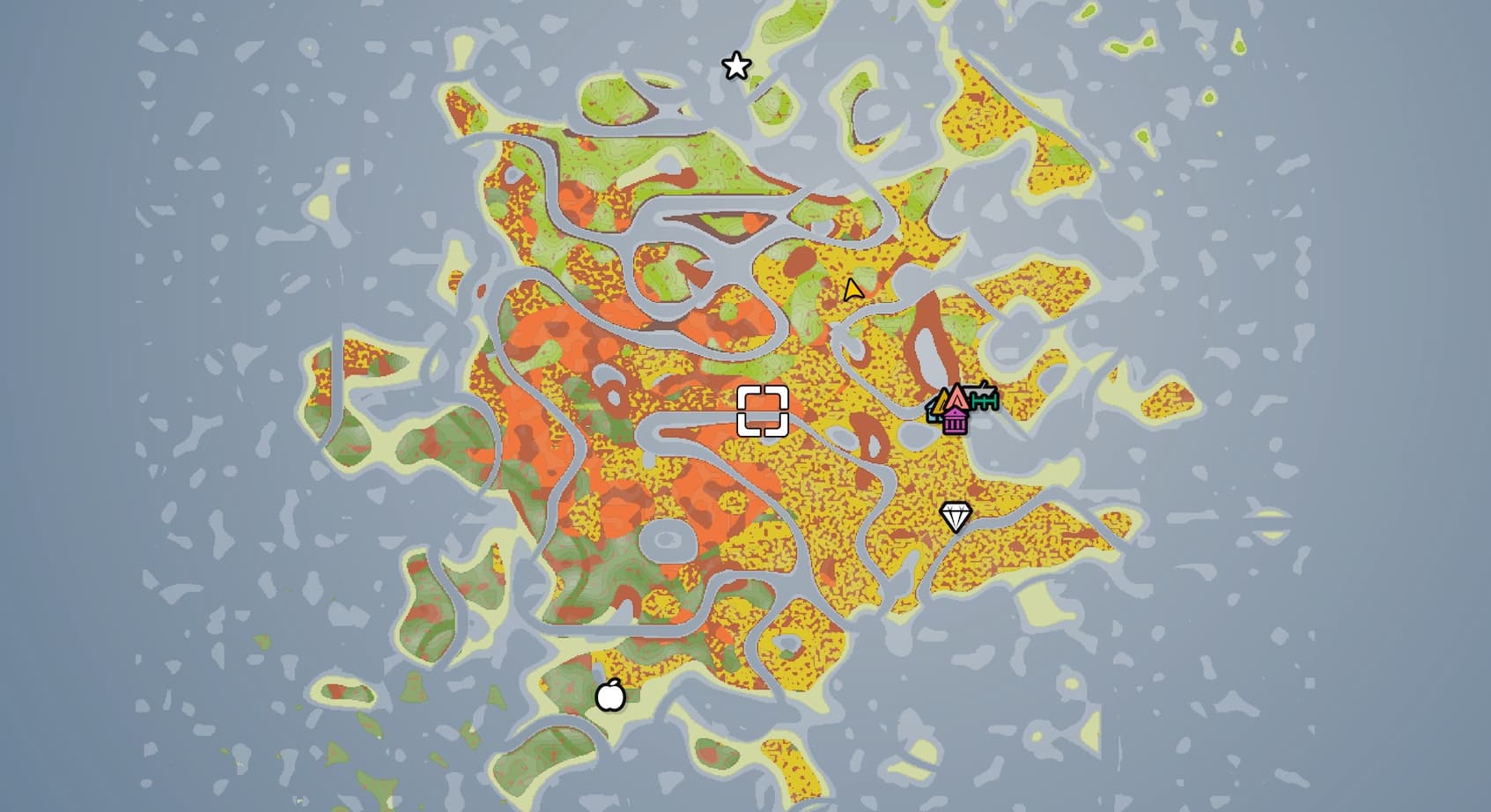
The sheer amount of activities available in the game is overwhelming, at first. You’re presented with a number of ‘establishment’ tasks in the opening hours – gather five people to the island and build their corresponding dwellings, pay off an enormous town debt, gather items for the museum, explore your surroundings, and purchase a number of machines to process your found resources.
Each day, task by task, you’ll eventually fulfil these goals and make sense of Dinkum‘s progression. You’ll earn enough money from foraging to purchase the right machines, which will then allow you to create goods to establish each new town locale, and start a thriving farm life of your own.
With no need to wait between days, you can blast through the early phases of the adventure fairly quickly – although you’ll soon find yourself in debt, and in need of greater foraging skills. This is where the game’s connection to Animal Crossing starts to wear thin.
The grind fatigue of Dinkum is very real
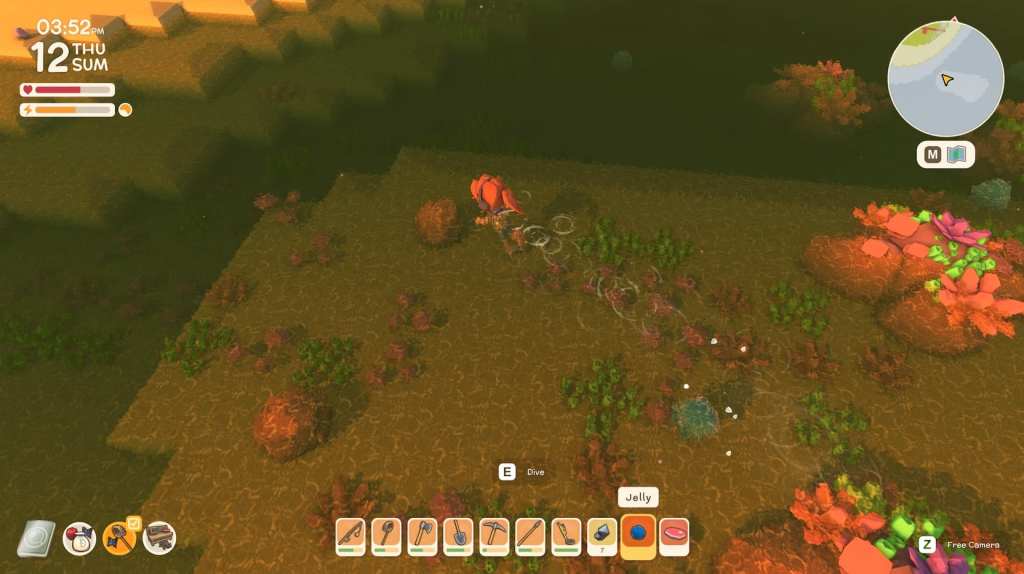
Your days in Dinkum are what you make of them. You can spend them discovering new items, mining for ore, or just trying to gather every fish in the game’s early access encyclopaedia (Bendon plans to add more creatures as development continues). But you are at the mercy of the game’s internal pacing, which only unlocks select features after hours and days spent in the game.
Until you unlock features like farming and animal raising – by eventually meeting an animal wrangler known as Irwin – you’ll largely be jumping through the same activities. Hunt bugs. Catch fish. Mine ore. Sell them in the town store. With time and patience, you’ll unlock better versions of your tools, and new abilities, but this requires devotion, and searching ever further on the map for better, more valuable goods.
In the process of unlocking each building, you’ll need to spend thousands of Dinks (currency), which can only be earned by hunting creatures, ores, and other items every single day, relentlessly. It means a decent chunk of the early game is spent wandering, and making your own fun.
Dinkum’s core audience is clearly Animal Crossing players – or those who enjoy life simulators. Those same people have likely spent 200+ hours in New Horizons over the last two years, establishing the perfect towns and making friends with all their villagers. With enough time, Dinkum may feel like a wholly unique experience, but launching so soon after New Horizons wrapped up its post-launch content makes the daily grind of the game fatiguing.
For those who have recently dedicated a large portion of their life to New Horizons, re-establishing a township with extremely similar values and locales is tiresome. Dinkum reinvents the wheel somewhat by providing fresh activities and new visitors on a daily basis, but it sticks so closely to the traditional life sim formula that the grind feels frustrating.
As a standalone experience, it’s a real delight – but it repeats many of the gameplay loops that life simulator fans will already be plenty familiar with.
The future of Dinkum remains bright
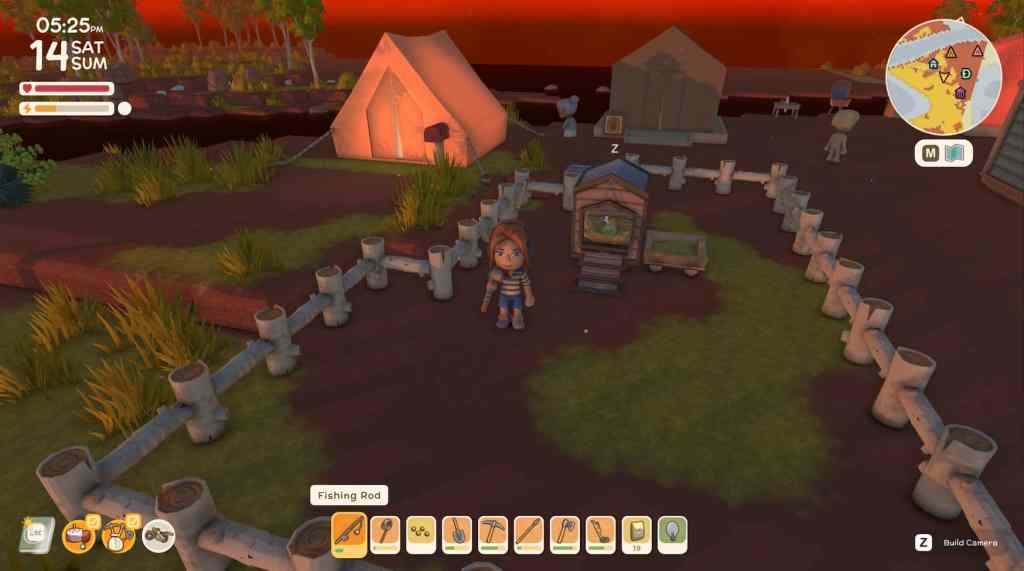
Despite this fatiguing gameplay loop, Dinkum shows a lot of promise. While still in ‘early access’, it’s a title that feels complete. There are already many activities to dive in with, as well as clever formula tweaks and surprises that help to ease the burden and grind of daily life in the game. Having new visitors arrive every few days is a clever twist to keep players engaged, and the pacing is well-measured, with plenty of new discoveries beyond every sunrise.
As Bendon continues to work on the game, it’s likely it will only get bigger, with better items to collect, more people to meet, and more animals to encounter. But its long-term success will depend on its emerging sense of novelty, in breaking away from comparisons to Animal Crossing. Meeting people like Irwin, or visiting the research tent, crafting boats, and exploring new lore – these features are exciting because they’re new.
While Dinkum does a lot with the traditional formula, it’s at its best when it breaks away and explores new themes and mechanics. When you visit an odd island, and find a strange tower in need of repair. When you go for a swim, and see a crocodile lurking in your rearview. When you’re travelling by boat through a wide-open world, searching for clues to a long-forgotten world.
In breaking away from tradition, Dinkum has the potential to be something truly great. It should certainly reckon with its ties to Indigenous Australia before development advances – but there’s magic in this adventure that makes it certain Dinkum will escape the shadow of its predecessors, in time.
Four stars: ★★★★
Dinkum
Platforms: PC
Developer: James Bendon
Publisher: James Bendon
Release: 14 July 2022
The PC early access version of Dinkum was provided and played for the purposes of this review.
